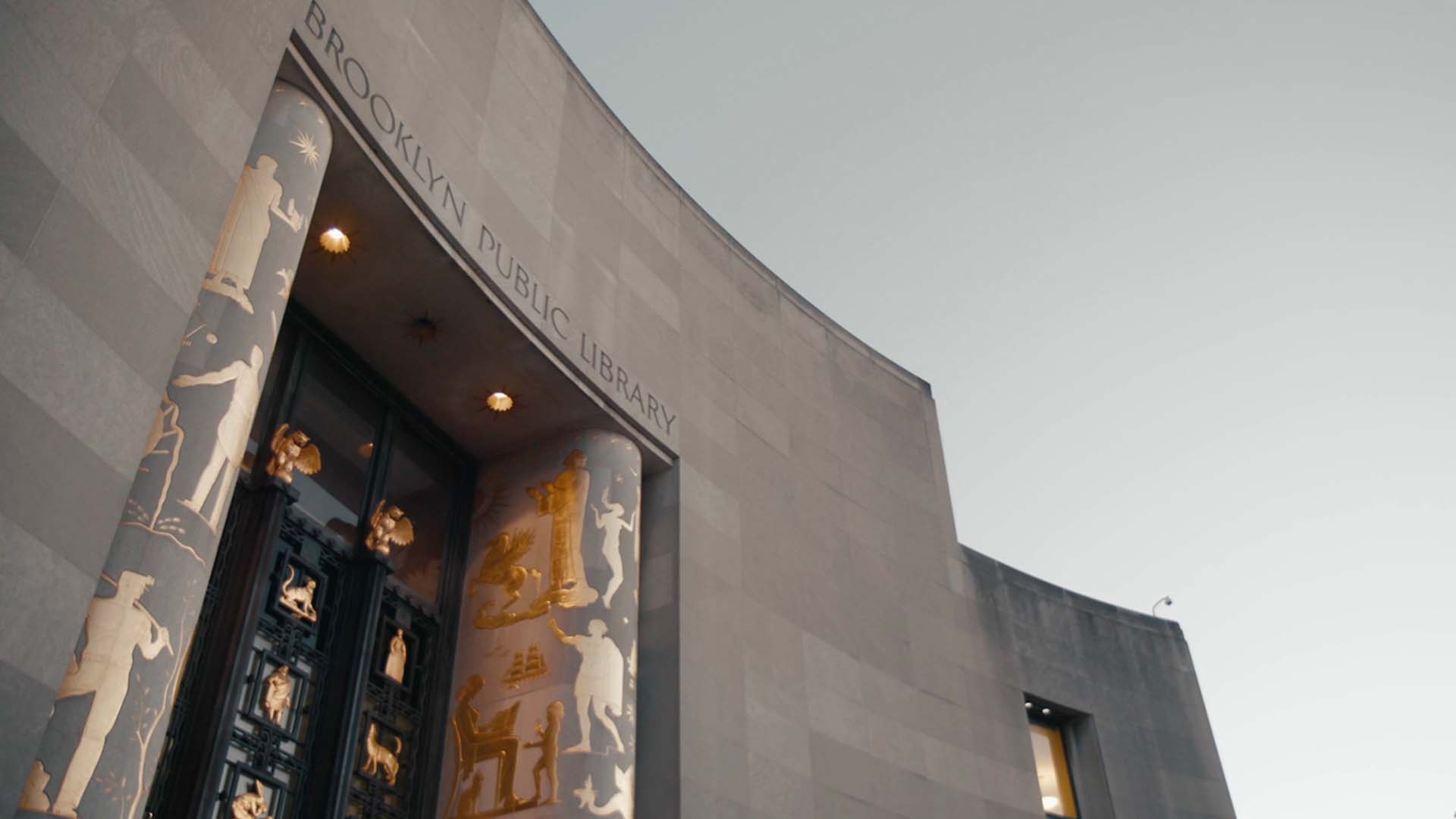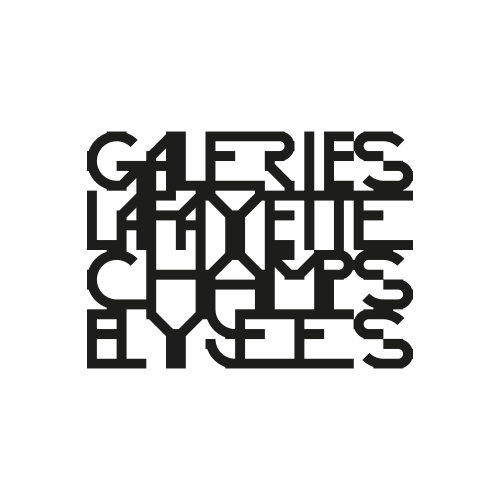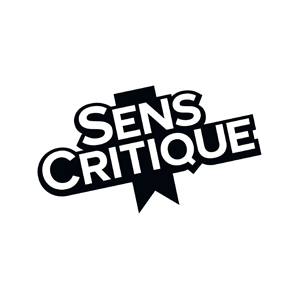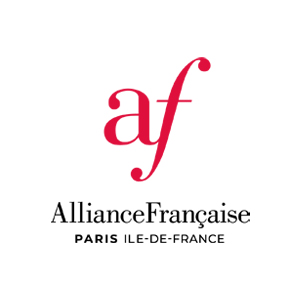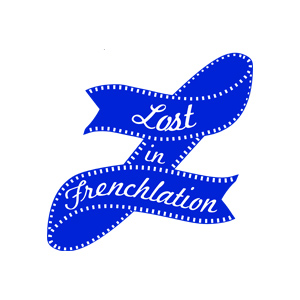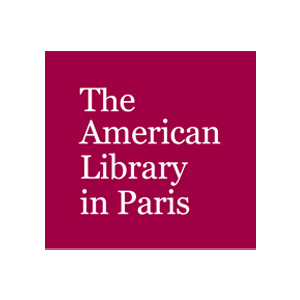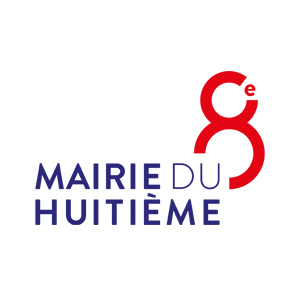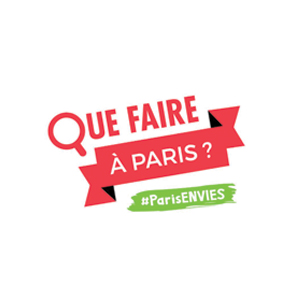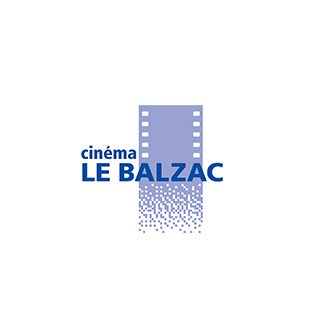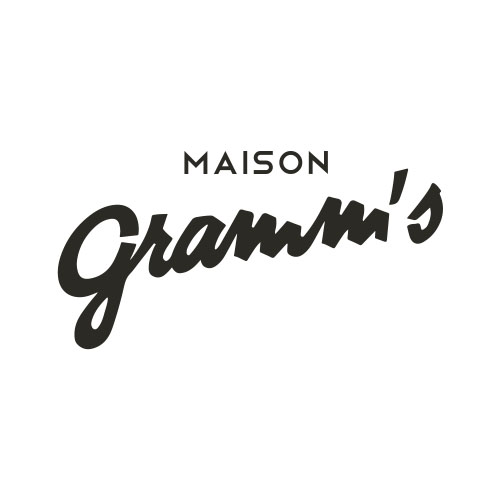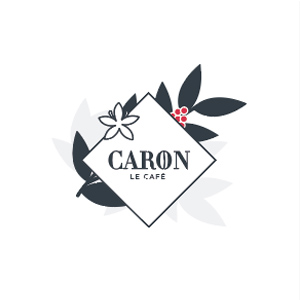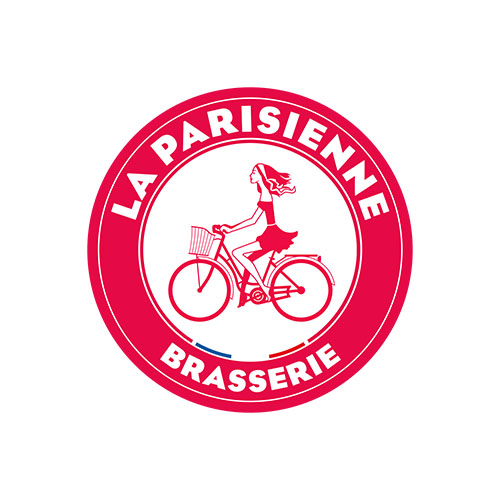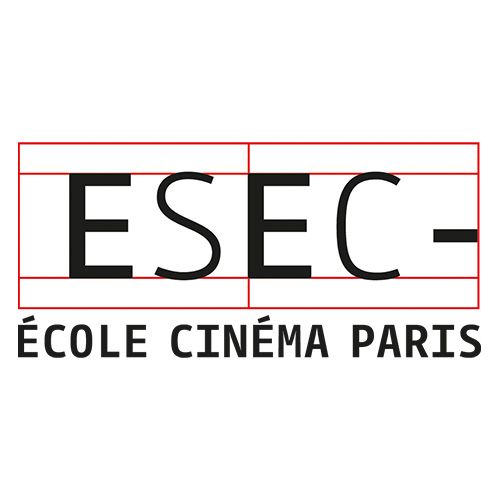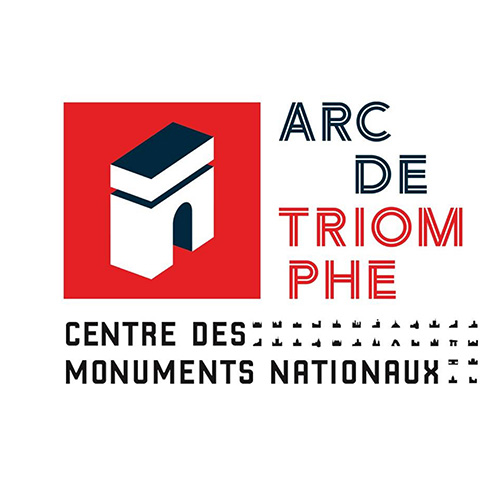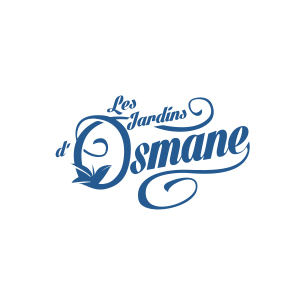[Competition] American independent short films
This year, the eleven American short films selected question our heritage that is sometimes too heavy to bear – which the characters in the different films try to get rid of – but also this common space that we build together to face the rest of the world.
The first program takes us back to the lost paradise of childhood, distant and foggy memories that sustain a miriad of fantasies, such as that of the Homesick character directed by Will Seefried, seeking at all costs a happy rebirth in adulthood, or Chris Osborn’s monster, Gussy, imagined by two childhood friends, hidden in their subconscious and desperately seeking to escape. The question of violence on screen is raised in Reid Antin’s Rated R, in which a young boy will do anything to watch the new R-rated action film. In Video Visit, a screen serves as an interface between a mother in a Brooklyn library room and her son, a prisoner at Rikers Island Correctional Facility. Despite their distance, director Malika Zouhali-Worrall films them in the same frame, bringing them together for a virtual meeting. The convocation of voices from the past and present in a common place is skillfully carried out by Sky Hopinka in Kicking the Clouds, where the memory of the ancestors is experienced by the different generations of the same family. This first program questions the role of the son, of an image to be deconstructed/reconstructed, the expectation behind masculinity, of a constraining structure, of an inheritance to be confronted with the present.
The second program explores the inner struggles of the characters until the revelation of a subject, those of the “outsiders”. In Long Line of Ladies, directors Rayka Zehtabchi and Shaandiin Tome trace the steps of a long-forgotten ritual, the “Flower Dance”, the passage to adulthood for young girls from the Karuk tribe. Growing up and assuming one’s dreams are at the heart of Hardcore Halbert by Riley Lynch, where a young man discovers the liberating power of music. Becoming oneself requires a permanent effort, a manifestation of courage that takes different forms. The courage to recognize oneself in the other, as the two protagonists of Lucky Fish by Emily May Jampel, to erase oneself from an invasive virtuality like the young man in Cosboi by Gosha Shapiro, to transition to get closer to one’s truth in My Parent, Neal by Hannah Saidiner, or to confront one’s tormentors like the characters in Starfuckers by Antonio Marziale.
Chantal Lian, in charge of American selections
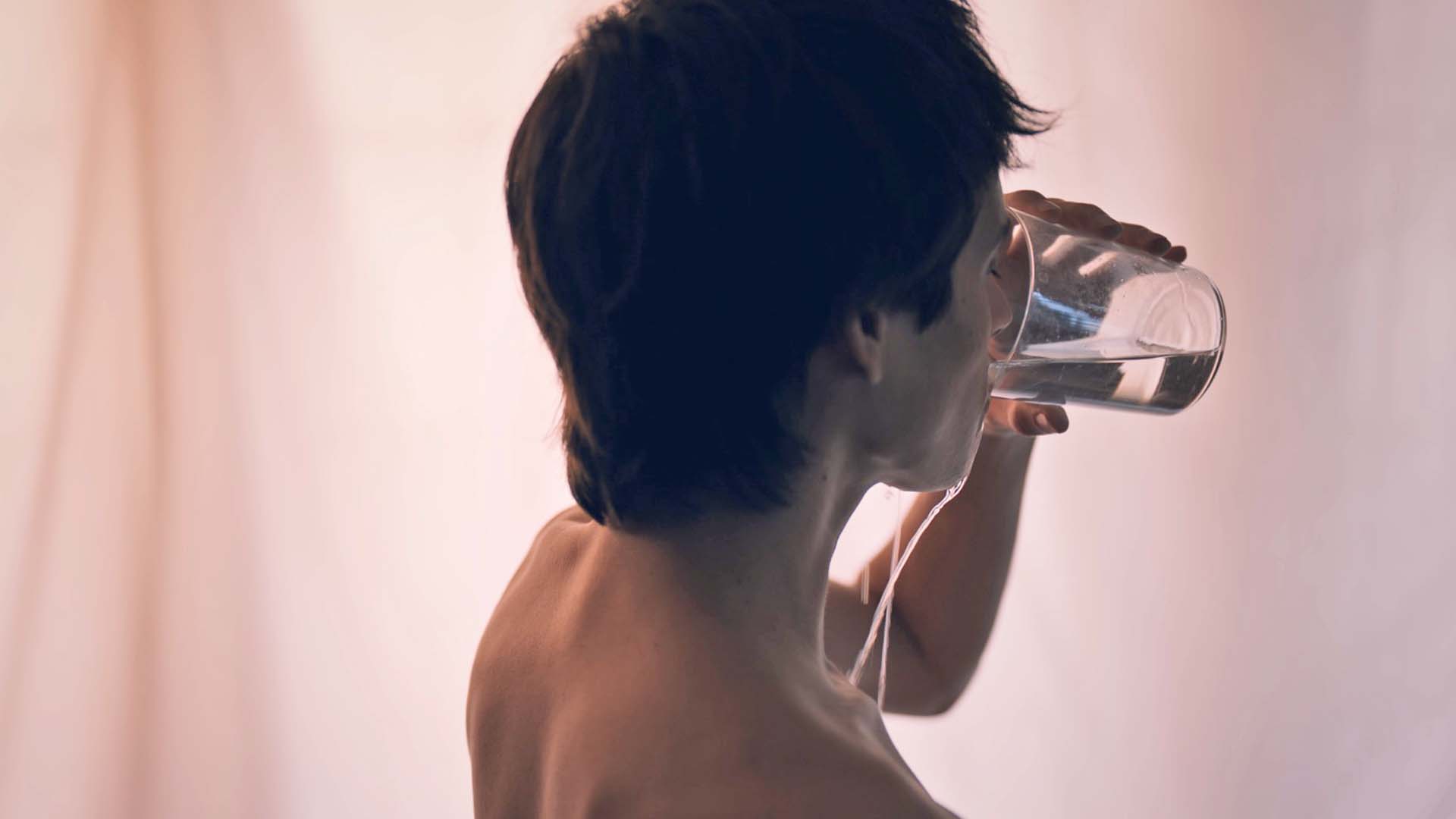
Mon. 27/06 - 18:30 - Le Lincoln - Salle 3 - VOSTFR
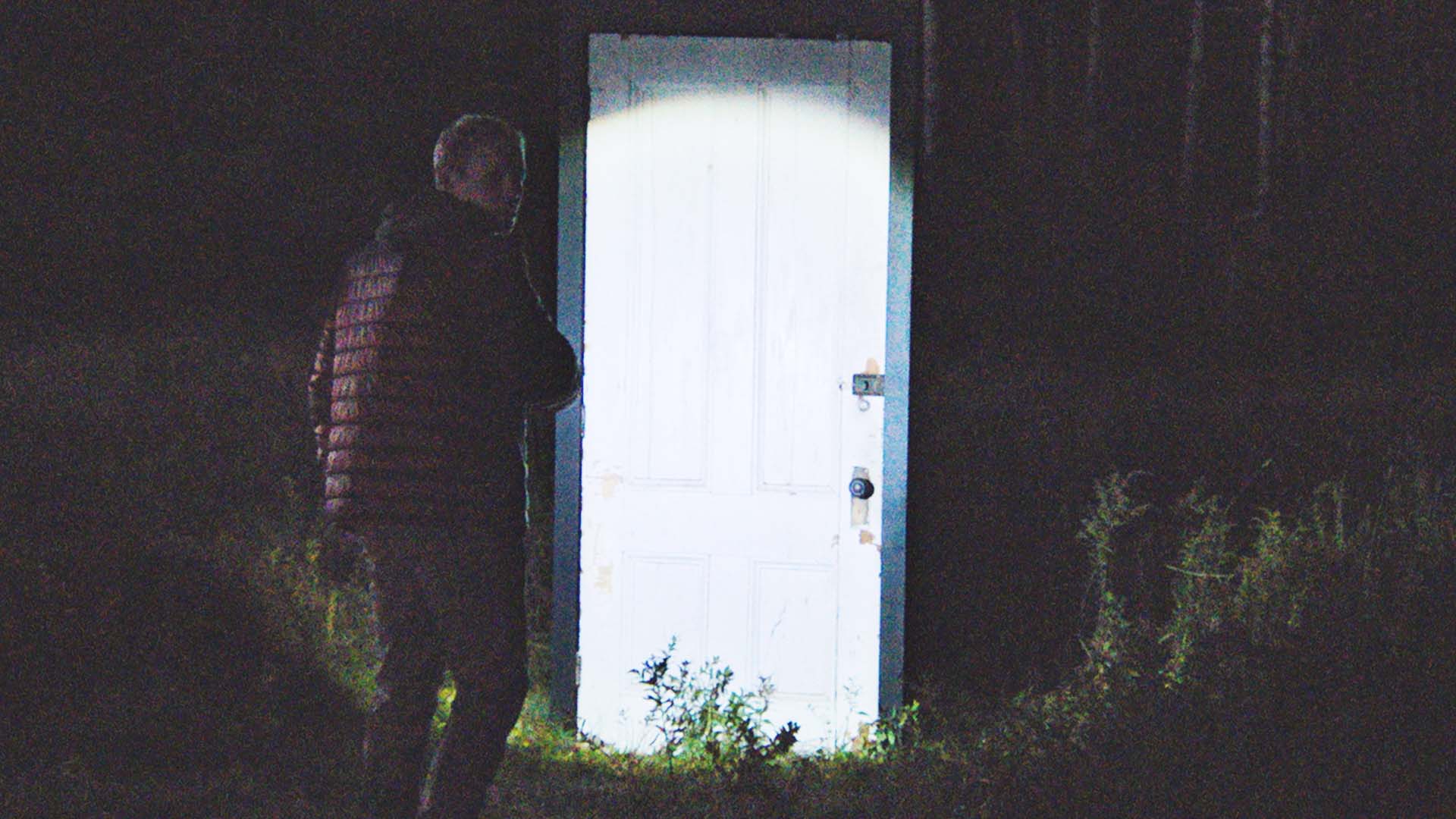
Sat. 25/06 - 18:30 - Le Lincoln - Salle 3 - VOSTFR
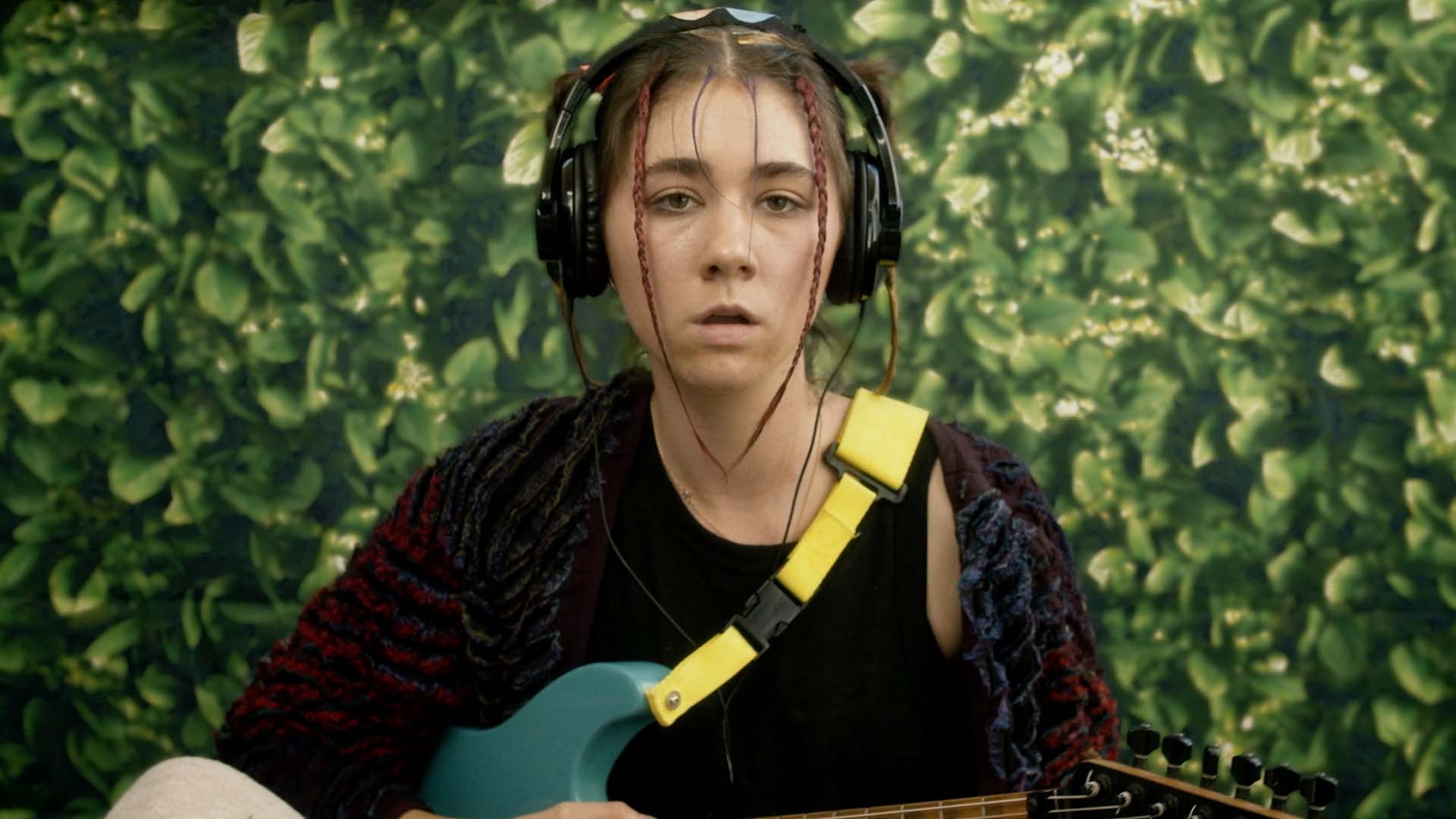
Mon. 27/06 - 18:30 - Le Lincoln - Salle 3 - VOSTFR
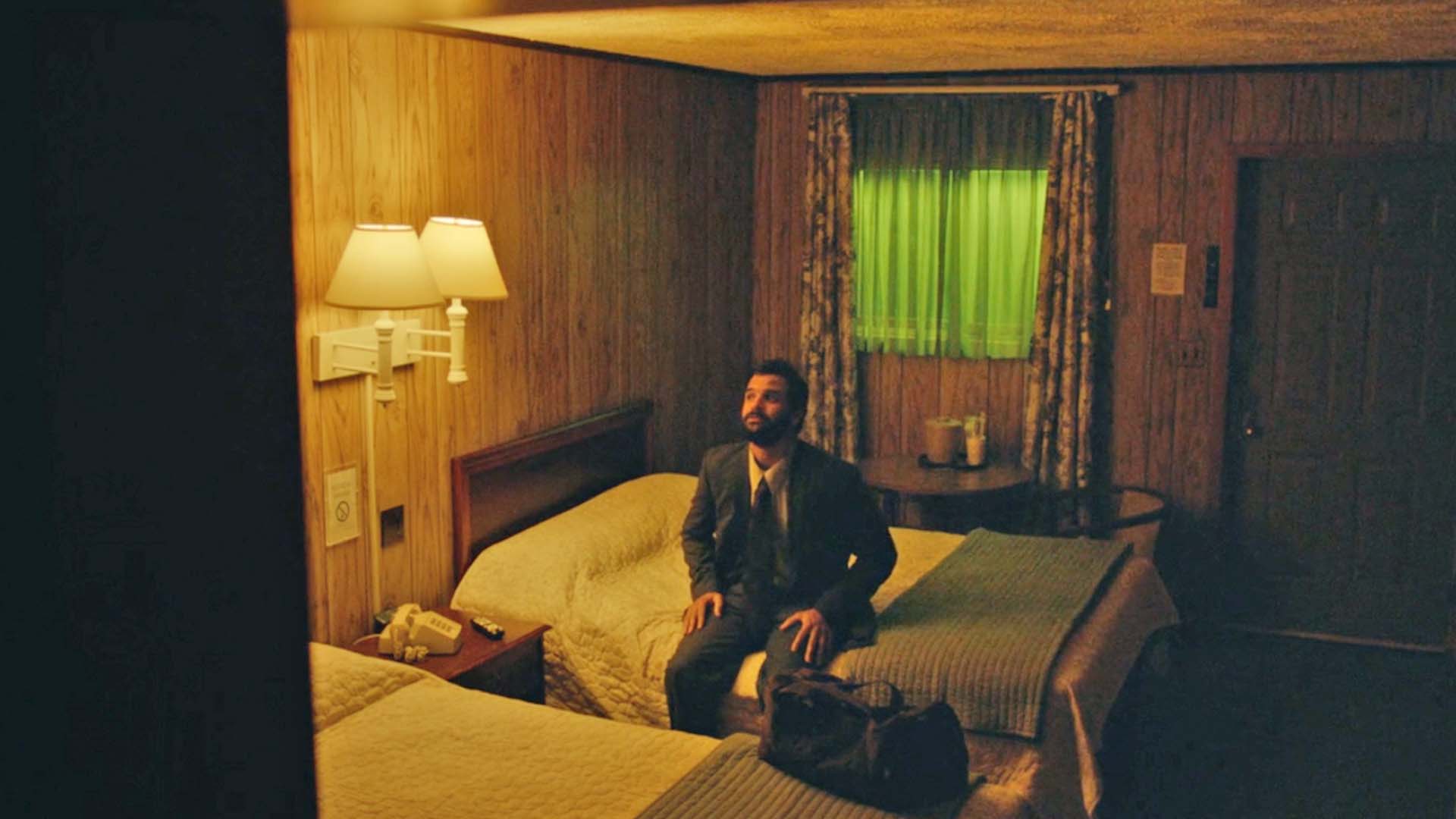
Sat. 25/06 - 18:30 - Le Lincoln - Salle 3 - VOSTFR
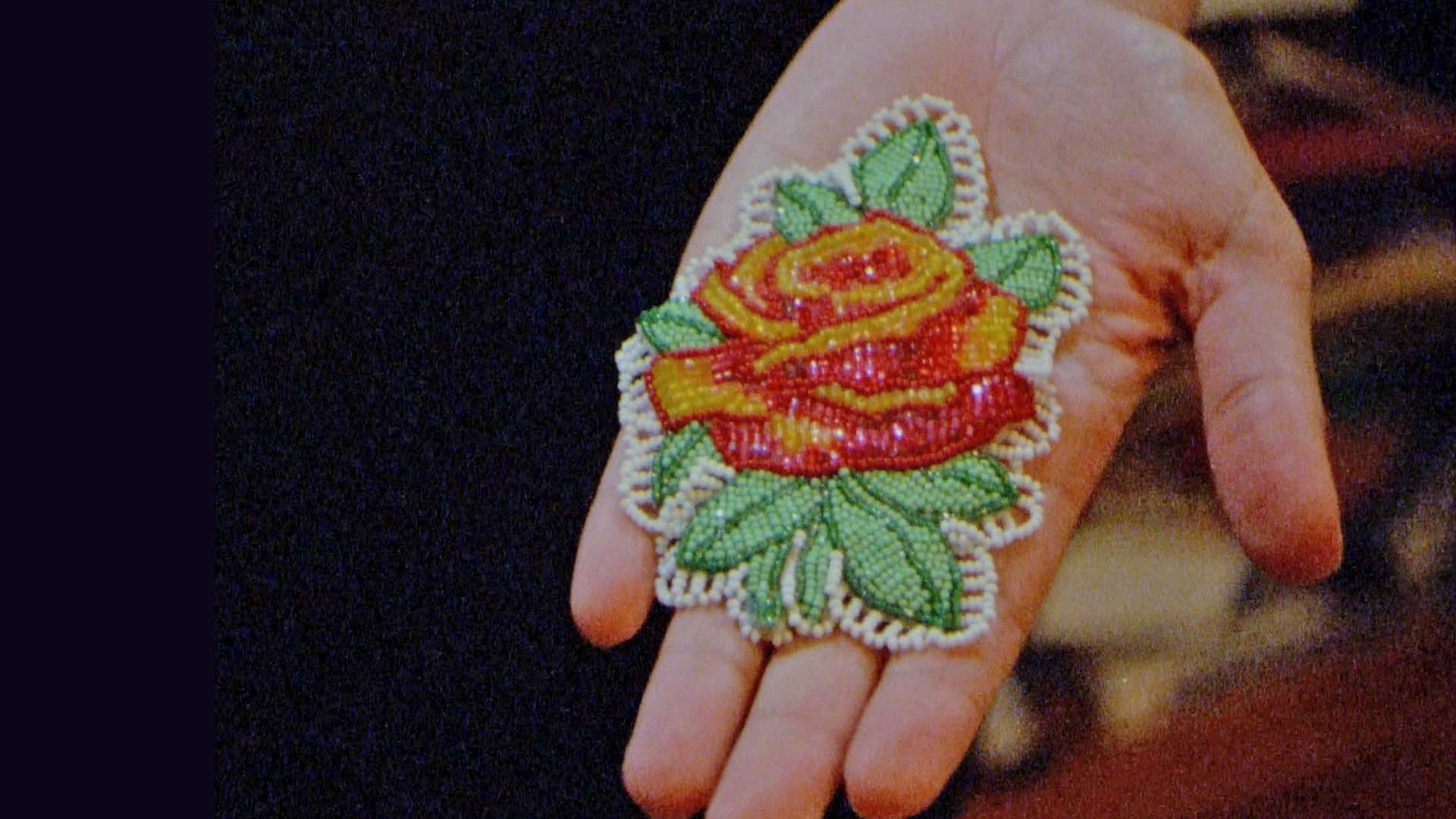
Sat. 25/06 - 18:30 - Le Lincoln - Salle 3 - VOSTFR
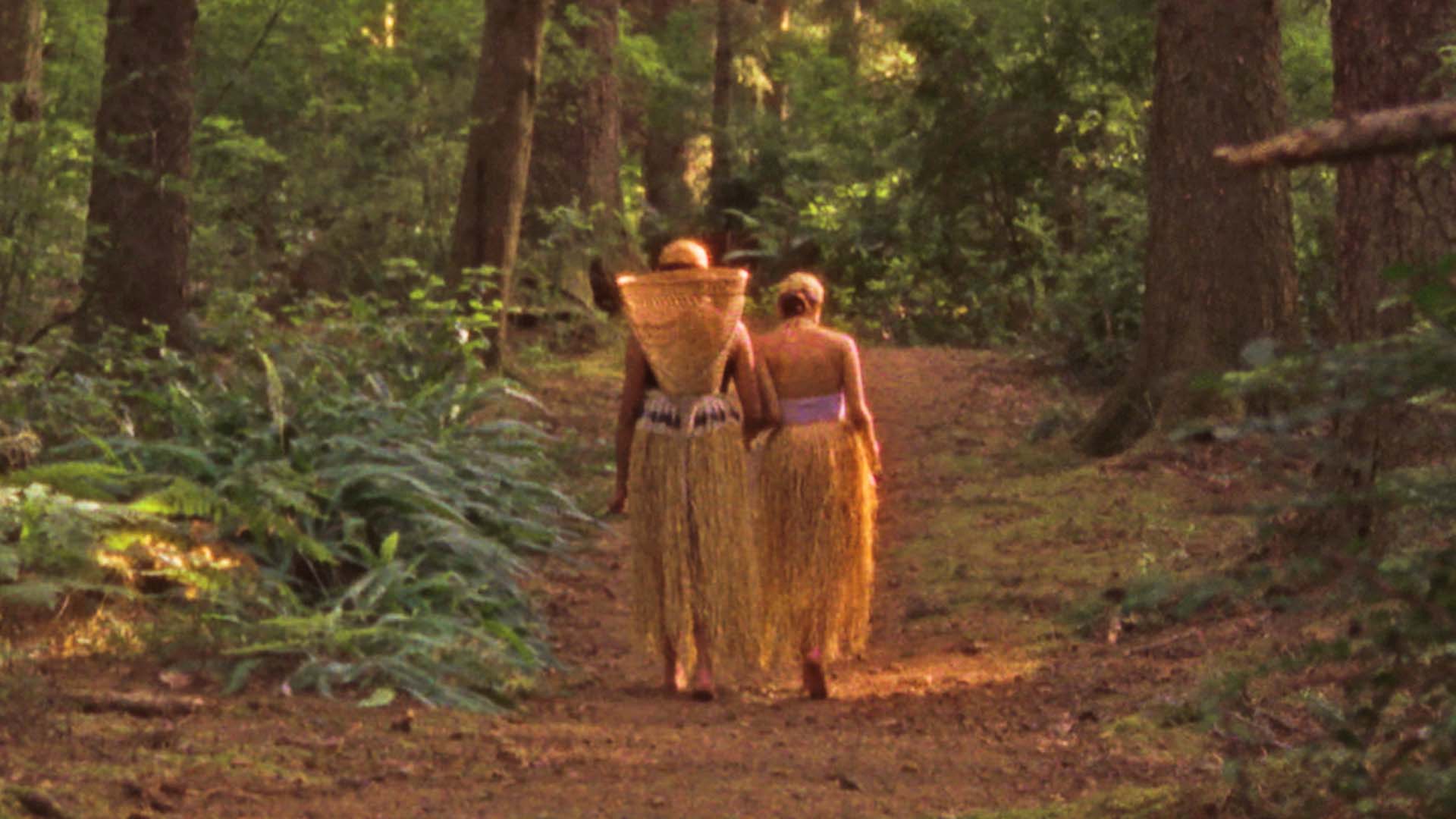
Mon. 27/06 - 18:30 - Le Lincoln - Salle 3 - VOSTFR
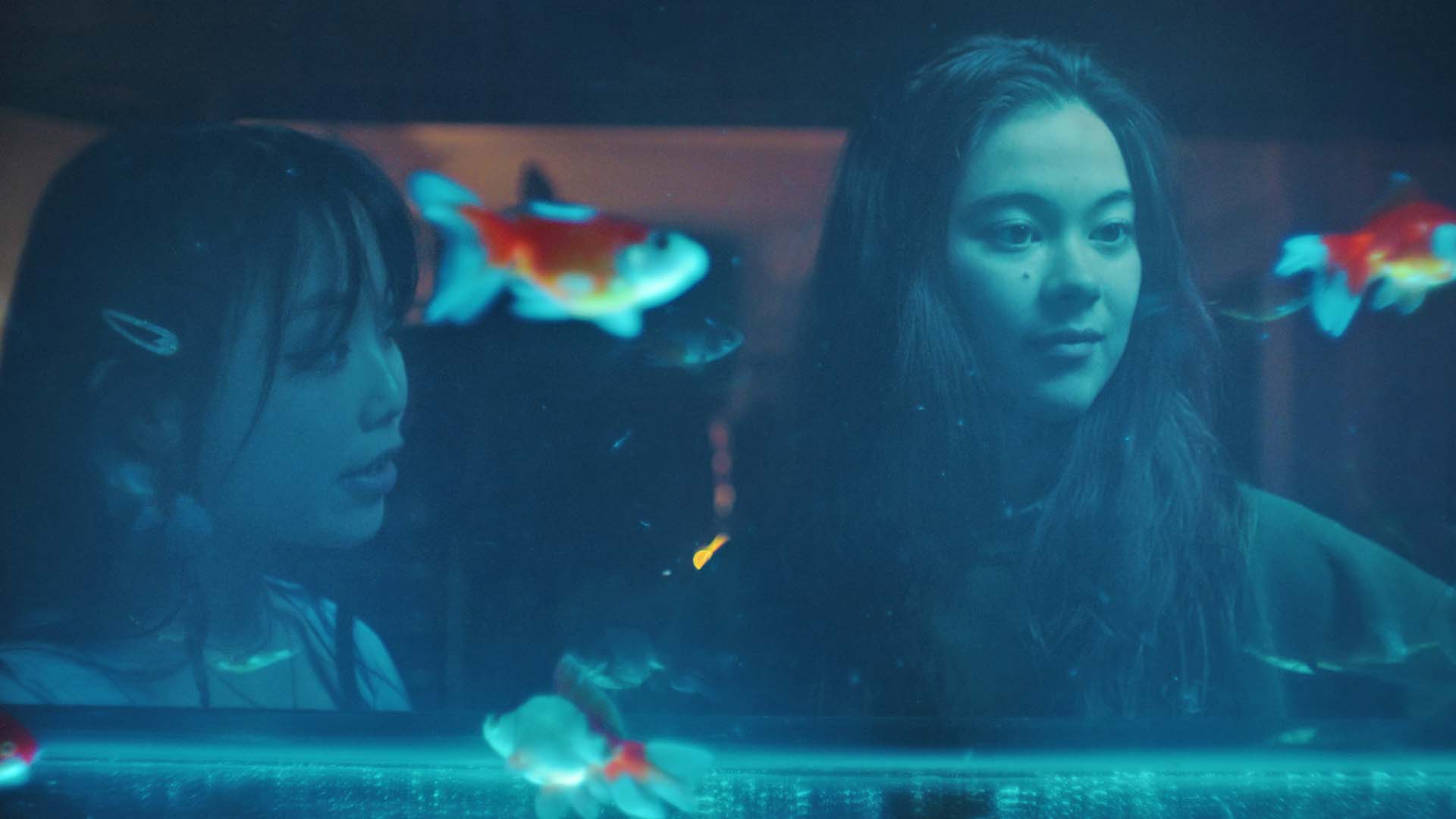
Mon. 27/06 - 18:30 - Le Lincoln - Salle 3 - VOSTFR
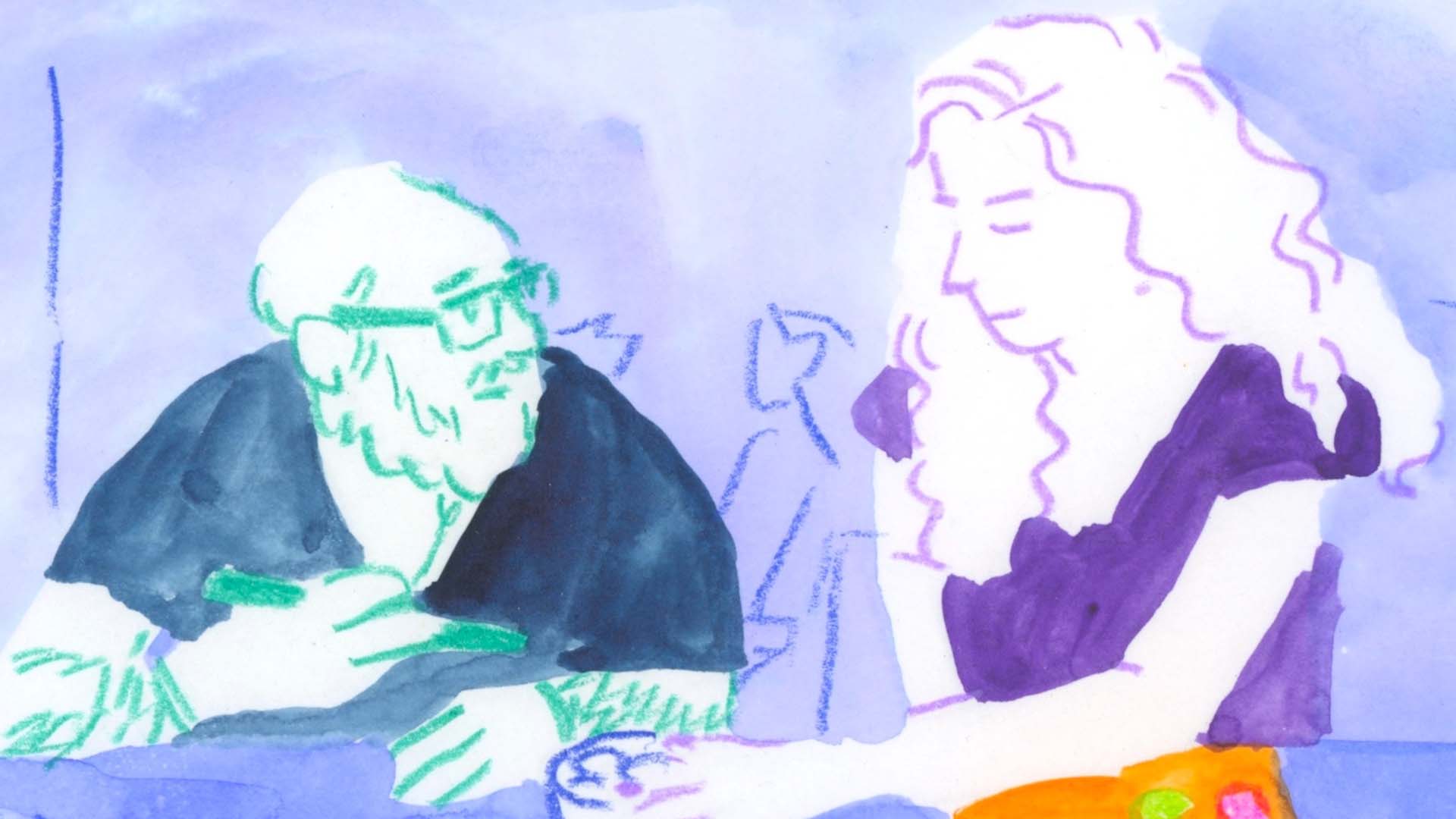
Hannah Saidiner
Animation - documentary | USA | 2021 | 8 min | English (french subtitles)
Mon. 27/06 - 18:30 - Le Lincoln - Salle 3 - VOSTFR
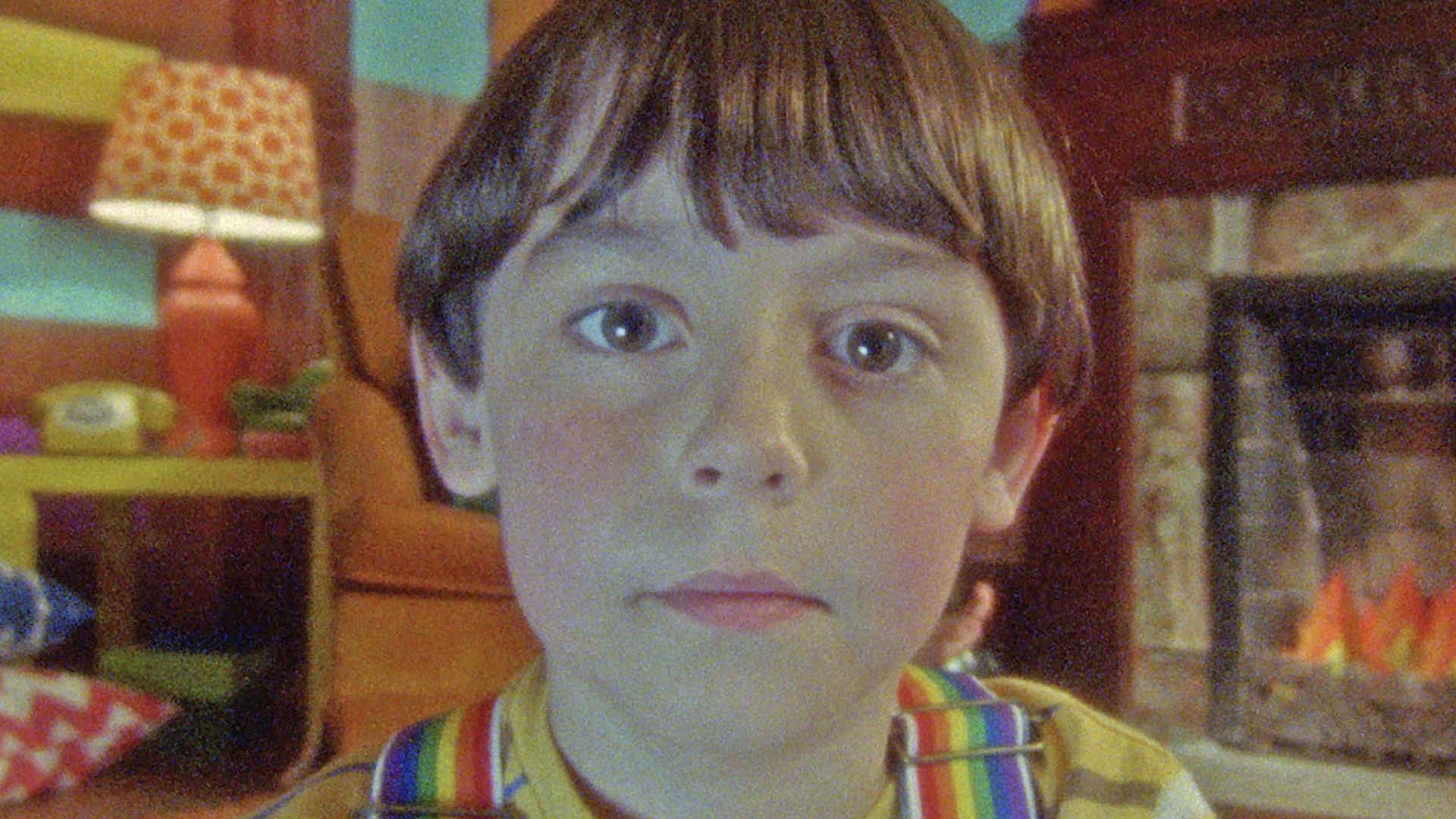
Sat. 25/06 - 18:30 - Le Lincoln - Salle 3 - VOSTFR
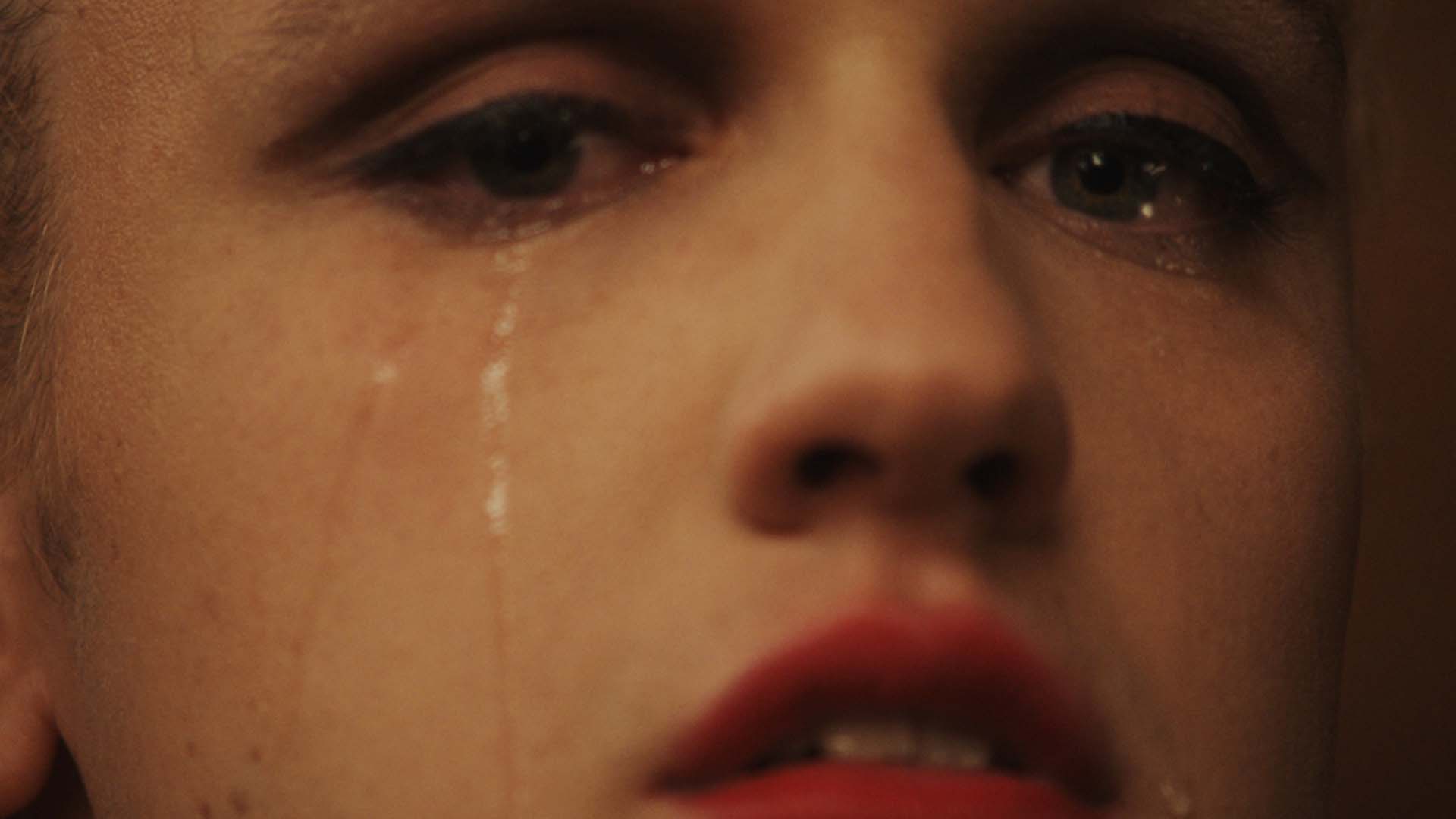
Antonio Marziale
Thriller | USA | 2021 | 15 min | English (french subtitles)
Mon. 27/06 - 18:30 - Le Lincoln - Salle 3 - VOSTFR
